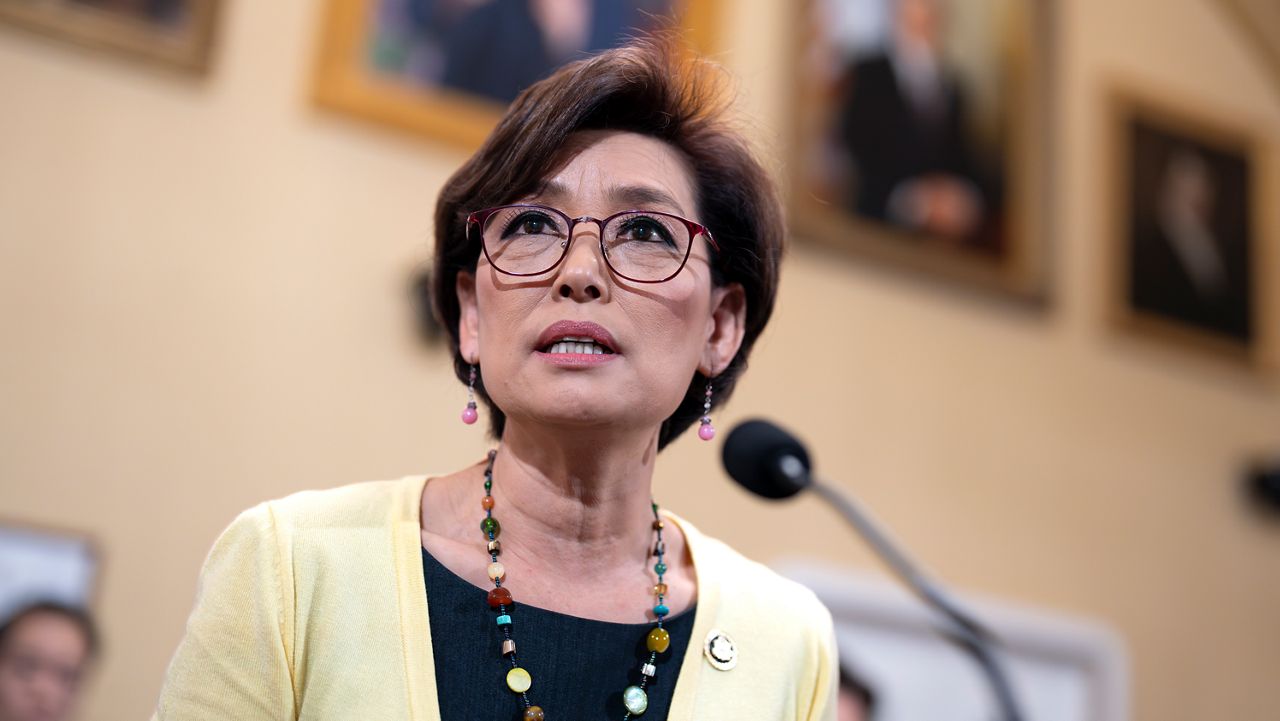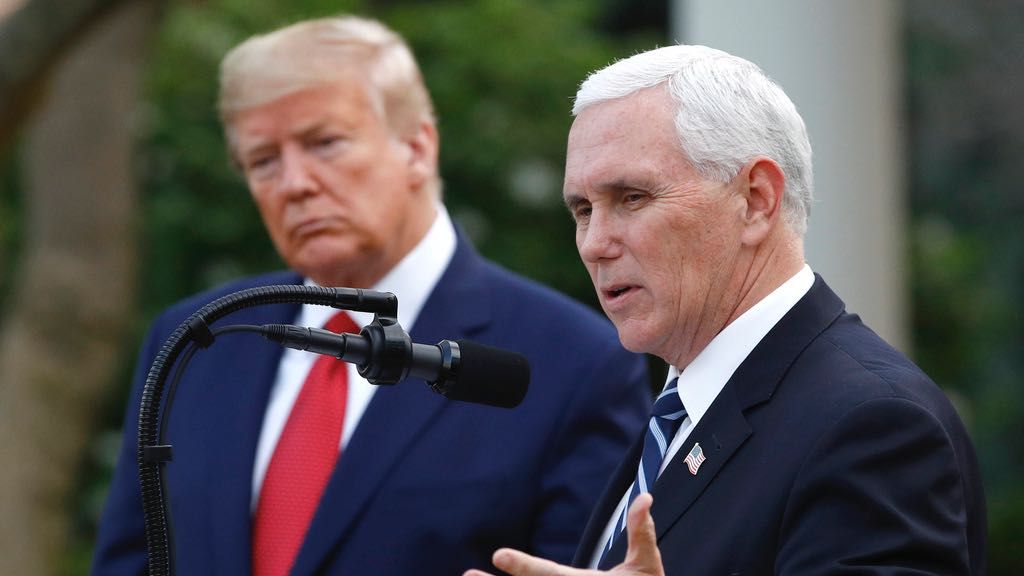Starting Sunday, it will be lighter out later, as Americans once again engage in the annual ritual of moving their clocks forward one hour.
On Capitol Hill, some members of Congress are renewing a push to make daylight saving time permanent.
Sen. Marco Rubio is again floating a bill to lock the clocks once and for all. His Sunshine Protection Act of 2023 — a follow-up bill to the Sunshine Protection Act of 2021 that passed the Senate last Congress — would make daylight saving time permanent after the next time we spring forward on March 12.
“This ritual of changing time twice a year is stupid,” Rubio, R-Fla., said in a statement. "Locking the clock has overwhelming bipartisan and popular support."
“We’re one of the few countries on Earth that continues to do this ritual of springing forward and falling back and changing our clock twice a year,” Rubio said. “That makes no sense. It’s time to end it.”
Currently, most states observe daylight saving time, moving the clock forward by an hour with the goal of maximizing sunlight during waking hours. In 2005, the U.S. moved to extend DST observance from six months out of the year to eight months, generally from March until November.
Supporters argue that year-round daylight saving time would benefit the economy and encourage people to be more active later in the day.
Perhaps not surprisingly, the golf and leisure industries have advocated in favor of daylight saving time.
Others have reservations.
Charman Postel, a vice president in the Florida PTA, worries that pursuing more sunlight in the evening at the cost of late darkness in the morning, puts kids at risk.
“Having the early daylight is beneficial and it will reduce a lot of the safety and a lot of the incidents that occur especially around our bus stops, around our residential areas,” Postel told Spectrum News.
Sleep doctor Shelby Harris also opposes the legislation.
“What we find is even after just the natural shift to daylight saving, we find that there's more problems with car accidents, headaches, heart attacks, but actually we're permanently out of rhythm,” said Harris, Director of Sleep Health at sleep-industry knowledge hub Sleepopolis. “We're going to have much more trouble with the morning awakenings.”
Neurologist Beth Malow last year told a House subcommittee "strongly recommended" that standard time permanently become the standard…time.
“We need morning light to synchronize our brains and bodies with the outside world,” Malow, director of Vanderbilt University Medical Center’s sleep division, told Spectrum News. “It wakes us up, it gets us going, it helps us fall asleep easier at night if we get that morning light.”
Like Harris, Malow recognizes that children are a vulnerable population, especially those who have to get to school well before sunrise.
“Someone has to speak for them,” she said. “We actually tried this back in the ‘70s, and it was a failure. It was during the energy crisis, and in the winter, there were these kids waiting for the school bus in the dark.”
In Jan. 1974, President Richard Nixon championed the measure as a way to conserve oil during the gas crisis.
But news reports from the time noted that Americans quickly grew disenchanted with the “experiment,” with polls showing that support dropped from 79% in favor to 42 percent in a matter of months. And in Florida, after eight school children were killed on the way to school in the dark, then-Gov. Ruben Askew asked the state legislature to conviene for a special session to go back on standard time.
“The inescapable conclusion is that the darkness had a great deal to do with the predawn deaths,” Askew said. “I remain completely unconvinced that D.S.T. is saving enough energy on a year‐round basis to justify the danger it poses to child who must make his or her way to school in the darkness of a fall or winter morning.”
Nixon’s successor, President Gerald Ford, signed a Congressional bill repealing daylight saving time less than a year later in Oct. 1974 — two months after Nixon resigned from office.
As for energy savings, study after study has found that daylight saving time-derived energy savings are minimal, if not nonexistent.
Sen. Rick Scott, R-Fla., thinks that the social benefits of daylight saving time outweigh the concerns.
“It gives individuals the opportunity to enjoy the sunshine later in the day when they're off work, children the opportunity to get outside after school,” Scott said.
Though Rubio’s statement includes comments of support from eight of his fellow senators and cosponsorship from three others, it’s unclear how much support the bill will ultimately have.
His most recent attempt at the Sunshine Protection Act passed the Senate with no small amount of surprise last March, when it skated through the floor by unanimous consent — a mechanism through which bills can pass so long as no one raises objection.
“I was surprised that someone didn’t object,” Sen. Kyrsten Sinema, I-Ariz., told BuzzFeed News. She also noted that Arizona does not change its clocks, “because we’re smart.”
Most of Arizona (save for a majority of the Navajo Nation), Hawaii and a handful of American territories observe permanent standard time year-round. That wouldn’t change under the bill, which exempts states that have already opted out of daylight saving time observance.
Rubio’s bill federally codifies what more than a dozen states, including California, have tried doing in recent years. In 2018, California passed Prop. 7, a ballot initiative that allowed the State Legislature to pass permanent daylight saving time. The California State Legislature, however, never sprung forward on the matter.
Alabama, Arkansas, Nevada, Oregon, Tennessee, Washington and Florida have also approved legislation to lock their clocks in favor of permanent daylight saving time.
However, per the Uniform Time Act of 1966, moving to permanent standard time is a much simpler task for states than going to permanent daylight saving time, which requires approval from the federal government.
Representative Cathy McMorris Rodgers, the Republican who now leads the House Energy and Commerce Committee, is non-committal about the legislation. A spokesperson for Chair Rodgers said the panel worked in a bipartisan way in the last Congress “to review and solicit feedback from Americans and stakeholders about making daylight savings time permanent” and that "Chair Rodgers will be monitoring the situation in the Senate as it unfolds."
The White House also is not taking a position. White House spokesperson Dhara Nayyar told Spectrum News that “there is an incredible amount of interest in this subject” and that President Joe Biden “looks forward to working with members in both chambers and on both sides of the aisle to get this policy right for the American people.”









